#BmwGroup
LAPD's Multi-million Dollar Electric Fleet Allegedly Goes Unused and Unloved
We know the State of California loves electric cars, but the Los Angeles Police Department may have mixed emotions. Back in June of 2016, the LAPD awarded BMW with a contract to provide 100 battery-powered i3 hatchbacks as part of a plan to enhance its public image. At the time, Los Angeles Mayor Eric Garcetti told the press, “We should be thinking green in everything we do,” adding that the electric BMWs would “also save money and resources.”
Fast forward to 2018 and the contract is beginning to look like a good way to waste millions of dollars. The LAPD agreed to lease the vehicles, effectively doubling its electrified fleet, for three years. The logic was that the gas savings would offset the $1.4 million it would cost the police force to apprehend them from BMW. While that sounds wonderful, there is a problem — the LAPD isn’t driving them.
Is This Really a Big Deal? BMW Praises Itself for Selling 100,000 Electrified Cars
In a flagrant exercise of self-congratulation, BMW announced it met its sales goal of 100,000 electrified vehicles in 2017 “as promised.” Saying that this “underlines the company’s leadership role when it comes to electro-mobility,” BMW installed a battery-themed light installation on the side of its world headquarters in Munich, Germany, that announces “the future is electric.”
While this may be true, mainstream news outlets have muddled the brand’s message by framing the EV aspect all wrong — which is probably exactly what the automaker hoped for. We’re not going to slander the company’s achievement outright; the volume does represent a nearly 60-percent increase over last year. But these aren’t just battery-electric cars, they’re hybrids, mild-hybrids, and BEVs.
Mini Seriously Streamlines Its Badge for 2018
Mini has revealed an ultra-streamlined logo that will begin appearing on the brand’s cars by March of 2018. Abandoning the three-dimensional model as the automaker’s official mark, the new crest isn’t any more exciting but does looks a bit more contemporary.
The new emblem actually made its debut on the Mini EV Concept in late summer. At the time, it wasn’t clear what the purpose of the new logo was. For all we knew it could have been a way of differentiating electrified models from the company’s main lineup, or simply be a way to further streamline the battery-driven concept. Instead, it’s to be the replacement for the old logo and will crop up in all the automotive locales one would expect: the hood, tailgate, steering wheel, and key fob.
BMW Executive Has Prophetic Vision of a World Without Car Keys
Way back when the sun first rose on the automobile, hand cranking was the preferred way to start an engine. Keys didn’t really come into fashion until magneto and coil-operated ignition systems were mainstreamed. But the car key has evolved since its infancy as a finely shaped lump of metal. Modern keys aren’t even keys in the traditional sense, they’re short-range radio transmitters with a transponder chip that disarms a vehicle immobiliser.
BMW is reassessing the practical value of car keys entirely, according to Ian Robertson, the company’s board member responsible for sales. Robertson, struck with the divine sight, envisions a hypothetical world where your smartphone performs double duty — eliminating the need to lug around the extra nine grams of metal associated with car keys.
BMW Switching to Flexible EV Architecture for All Models in 2020
Earlier this year, BMW let fly that it had completed development on a flexible vehicle architecture that would enable electrification of every model series in its stable. By 2025, BMW Group expects electrified vehicles to account for between 15 to 25 percent of its sales, but it wanted to be ready in case 100 percent was a possibility.
We know that plug-in versions of just about every model are forthcoming — the big news being the fully electric X3 for 2020. But we didn’t have a solid timeline for widespread implementation of the new platform, capable of accepting electric, plug-in hybrid and internal combustion powertrains. Now we do. According to management board member Klaus Fröhlich, it’s also going to begin in 2020.
BMW Concept Sedan, Slated for Production, to Bolster Electric Sub-brand
BMW showcased the i Vision Dynamics concept at the Frankfurt Motor Show this week — making it the third model for its i low-emissions electro-centric sub-brand. As a potential rival for Tesla’s Model 3, the i Vision Dynamics has all the hallmarks of an evolutionary automobile: an electric powerplant, absent grille, and the most boring name imaginable.
With windows tinted so black that you couldn’t tell if the sun was behind the wheel, the concept car is probably little more than a shell. We’ll take it at face value, noting that it exists as the physical representation of BMW’s promise to modernize as much as it does as a prototypical production model. However the automaker did say it will go on sale in 2021 — which is more than a little surprising.
10 Years in the Making: Mini Previews Styling of Upcoming EV Concept
In 2009, BMW avoided jumping the gun when it introduced an electric conversion of its Mini Cooper as a test platform instead of a production vehicle. Dubbed the “Mini E,” and limited to two seats due to its massive battery pack, the prototype served as a short-term consumer testbed for field trials and was deployed in several countries, including the United States.
However, as other automakers brought production EVs into the world, Mini held off — perhaps waiting for an more advantageous moment to enter the segment.
That moment appears to have arrived. The brand decided Wednesday to tease us with photos of its new “Mini Electric Concept,” which it says will enter into production in 2019. Its shares its powertrain with the BMW i3, so expect a driving range of at least 110 e-miles (or 180 with an optional gasoline range extender) and an electric motor producing a minimum of 160 horsepower.
The Outsider: New Global BMW Sales Boss Pieter Nota Comes From Royal Philips, Beiersdorf, Unilever
After a near decade-long run at the helm of BMW Group’s sales and marketing department, Ian Robertson is retiring.
Taking over from the Englishman Robertson will be Pieter Nota, a Netherlands native who is anything but representative of the BMW establishment, every inch not automotive industry insider. Nota comes from Royal Philips, where you buy your electric razors, and formerly worked at Beiersdorf (where you buy your Nivea moisturizer) and Unilever, which fills your grocery store shelves with Axe, Hellmann’s, Ben & Jerry’s, and Dove.
I can’t believe it’s not butter a board member.
BMW Group Hires Oliver Heilmer As New Boss Of Mini Design - It's About Time
In Oliver Heilmer, BMW Group’s Mini brand will finally have a design chief after being rudderless for much of the last year.
Anders Warming, Heilmer’s predecessor, resigned the post last summer. The 42-year-old Heilmer, who makes his way up the corporate ladder from BMW Designworks in California, won’t actually undertake his new role until September.
“With his design expertise and experience, Oliver Heilmer combines continuity with the freshness and vision Mini stands for,” Adrian van Hooydonk, head of BMW Group Design, said in BMW’s official statement. In other words, Heilmer is both an insider, as part of BMW Group Design for 17 years, but also an outsider, as the BMW Designworks boss who previously held a post in interior design at the BMW brand.
Regardless, Heilmer has his work cut out for him. In the hugely important U.S. market, Mini sales in 2016 fell to a six-year low, and sales are declining further in 2017.
Even the Brits Think the New 2017 Mini Countryman Might Suck
It’s can be difficult to wipe the smug look of a home field advantage off your face.
Yet in its home English market, the all-new second-generation 2017 Mini Countryman is failing to find favor with British car critics. evo Magazine, never one to pull its punches, published a review of the 2017 Mini Countryman chock full of significant objections.
“Mini’s new SUV has grown up, but it’s lost the Mini fun factor along the way,” Antony Ingram writes. evo says it expects “the BMW-owned company to turn out cars that are fun to drive and show up their rivals as sloppy, dull and character-free.” Yet, Ingram says, “the latest Mini Countryman doesn’t manage that.”
Citing poor value, disappointing acceleration in the hi-po S model, un-Mini-like dynamics, a cabin too twee, and a design that continues “to look ever more contrived,” evo suggests you may prefer — get this — a Toyota C-HR.
BMW Wins Numerous Design Awards for Its Exquisite Industrial Equipment
This week, BMW Group proudly announced that its Designworks styling subsidiary had recently been honored with numerous awards… for its John Deere bulldozers. I had no idea that BMW had any ties — indirect or otherwise —with Deere & Company, let alone that they were absolutely killing it with some of the sexiest designed construction and forestry equipment on the planet.
However, I shouldn’t be surprised. After all, the flash-masters at Lamborghini started off building tractors and just about every major manufacturer has tried its hand in aviation, industrial equipment, military vehicles, or some combination of the three. Some of even started there. What makes BMW’s involvement with Deere stand out, however, is how much pride the company is taking in the accolades it received for the heavy machinery, even as the Group’s automotive sales took a nosedive last year.
Mini Makes a Name Misnomer With Larger Countryman
Mini continues to inflate the size of its vehicles, and the redesigned Countryman is expected to be the biggest yet.
The company’s global head, Sebastian Mackensen, tells Automotive News Europe that the new vehicle will grow in the same way as the second-generation Clubman. He also claims the next Countryman will be more SUV-like, and for a very specific reason.
4-Door Is Providing A Big Sales Boost To Mini USA
With one of the most detailed monthly sales reports of any auto brand competing in the United States, Mini revealed their March 2015 sales in a breakdown that included door counts.
Not since Volvo’s monthly report divvied up the V60’s sales by regular and Cross Country variants has a numbers addict been so pleased.
Excluding the 540 leftover niche versions of the second-gen BMW Mini – Convertible, Roadster, Clubman, and Coupe – and 1654 sales of the high-riding Countryman and Paceman, Mini’s core Hardtop model was up 429% to 3635 units in March 2015; up 319% to 8224 units in the first-quarter of 2015.
Goodbye Mini Coupe And Mini Roadster, Don't Let The Door Hit You On The Way Out
Mini says increased demand for new three and five-door Mini and foreordained plans are bringing production of the Coupe and Roadster to an end.
Also, it turns out people didn’t want less practical versions of a car that already lacked a certain degree of flexibility.
Surely Mini would have thought twice about cancelling production of the two cars – or at least considered replacing them with new versions off the new Mini platform – had sales been strong.



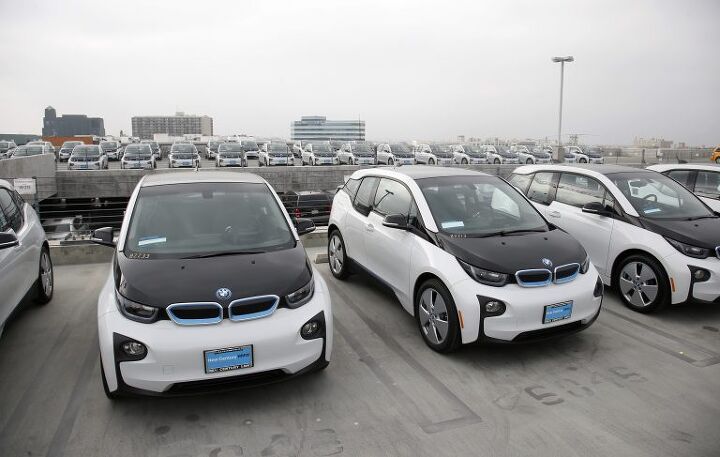
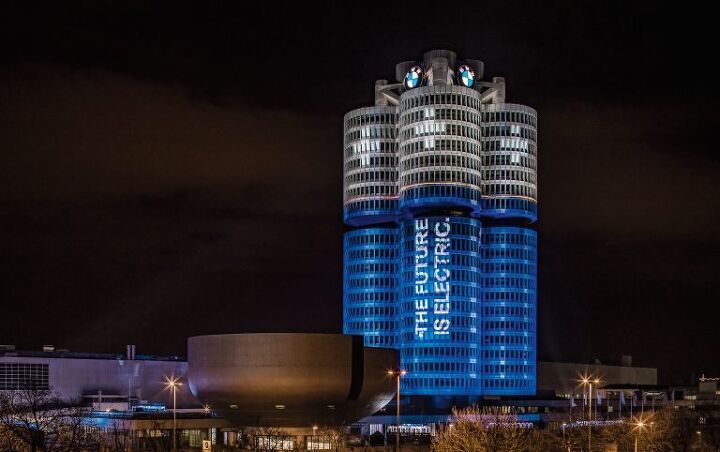

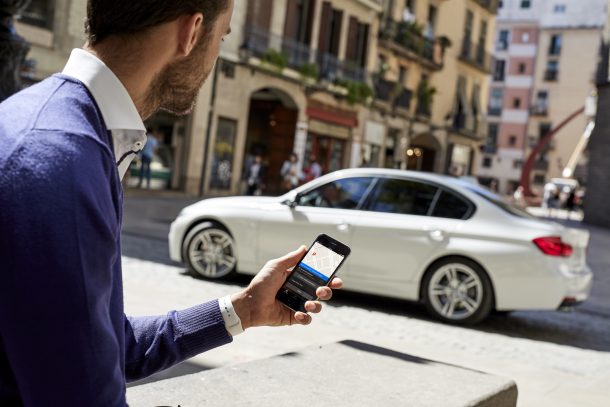

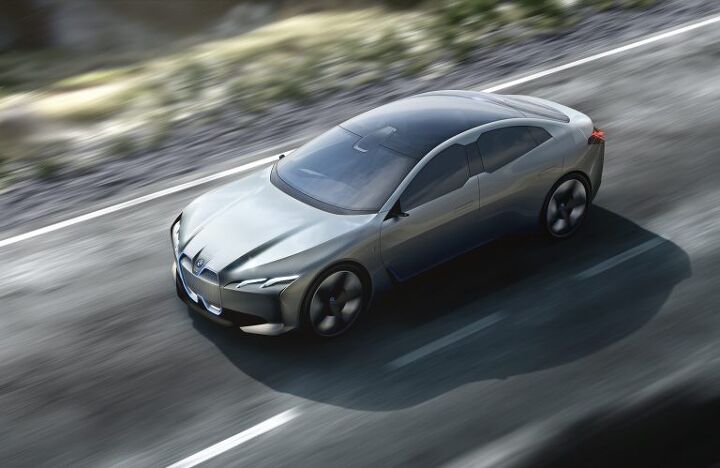




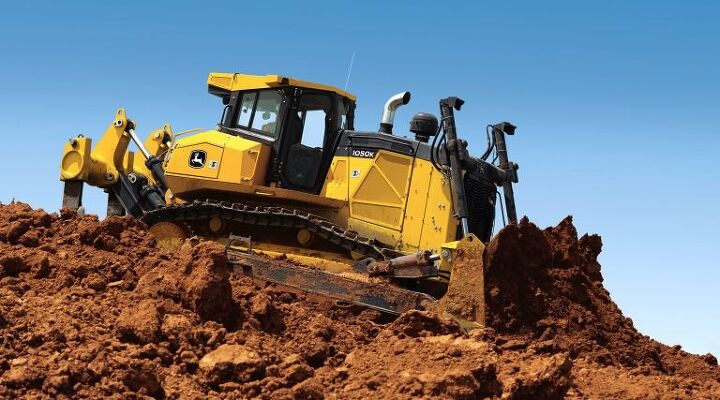

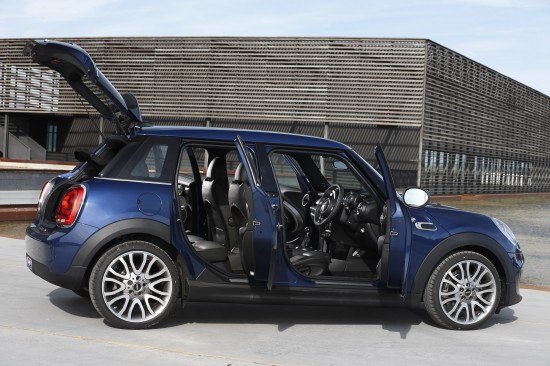













Recent Comments